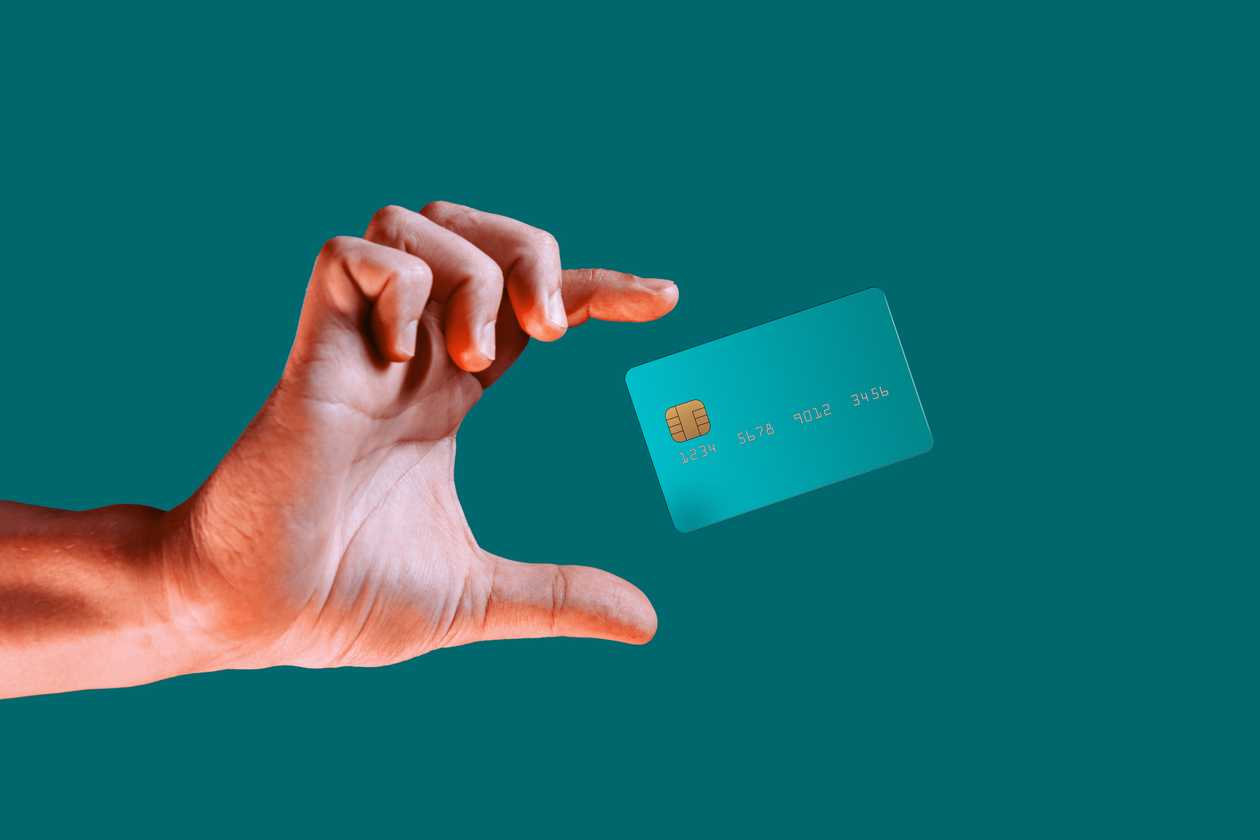
Essential Questions
- How do credit cards work?
- How do I get a credit card?
- How do I read my credit card statements?
- How often should I pay off my credit card?
- What happens if I miss a payment or pay late?
- How do credit scores work, and why are they important?
- How does debt work?
Learning Objectives
- Learn how credit cards work and how to apply for them.
- Analyze examples of credit card statements.
- Identify why credit scores are important and how to improve a credit score.
- Describe how and why debt accumulates.
Please review all of the resources before completing your assignments.
Resources
Read Credit Cards Overview (and Watch the video)
https://www.finder.com/ca/beginners-guide-to-credit-cards
Read Reading a credit card statement (both links)
https://www.nerdwallet.com/ca/credit-cards/how-to-read-credit-card-statement
https://www.cibc.com/en/personal-banking/credit-cards/how-to-read-your-credit-card-statement.html
Watch Credit Scores
https://www.youtube.com/watch?v=AqfZsHf1bwk&pp=ygUWdGF4ZXMgZXhwbGFpbmVkIGNhbmFkYQ%3D%3D
(Optional) Watch Introduction to Debt
https://www.youtube.com/watch?v=ho0V6Mhtvjo
(Optional) Read Considerations When Choosing a Credit Card
https://www.canada.ca/en/financial-consumer-agency/services/credit-cards/choose-credit-card.html
Assignments
- Fill in the “Dos and Don’ts of Credit Card and Debt” worksheet. This worksheet focuses on the points made in the first reading from this unit and the first reading on credit card statements. Once done, email us a copy of the completed worksheet.
- Write a 300-400 word blog post comparing the benefits and risks of owning a credit card. You can write about a specific credit card (different credit cards have different risks and rewards) or about credit cards in general.
- Complete the “Analyzing credit card statements” worksheet below (if you need more guidance, CIBC: how to read your credit card statement might help you). Once done, email us a copy of the completed worksheet.